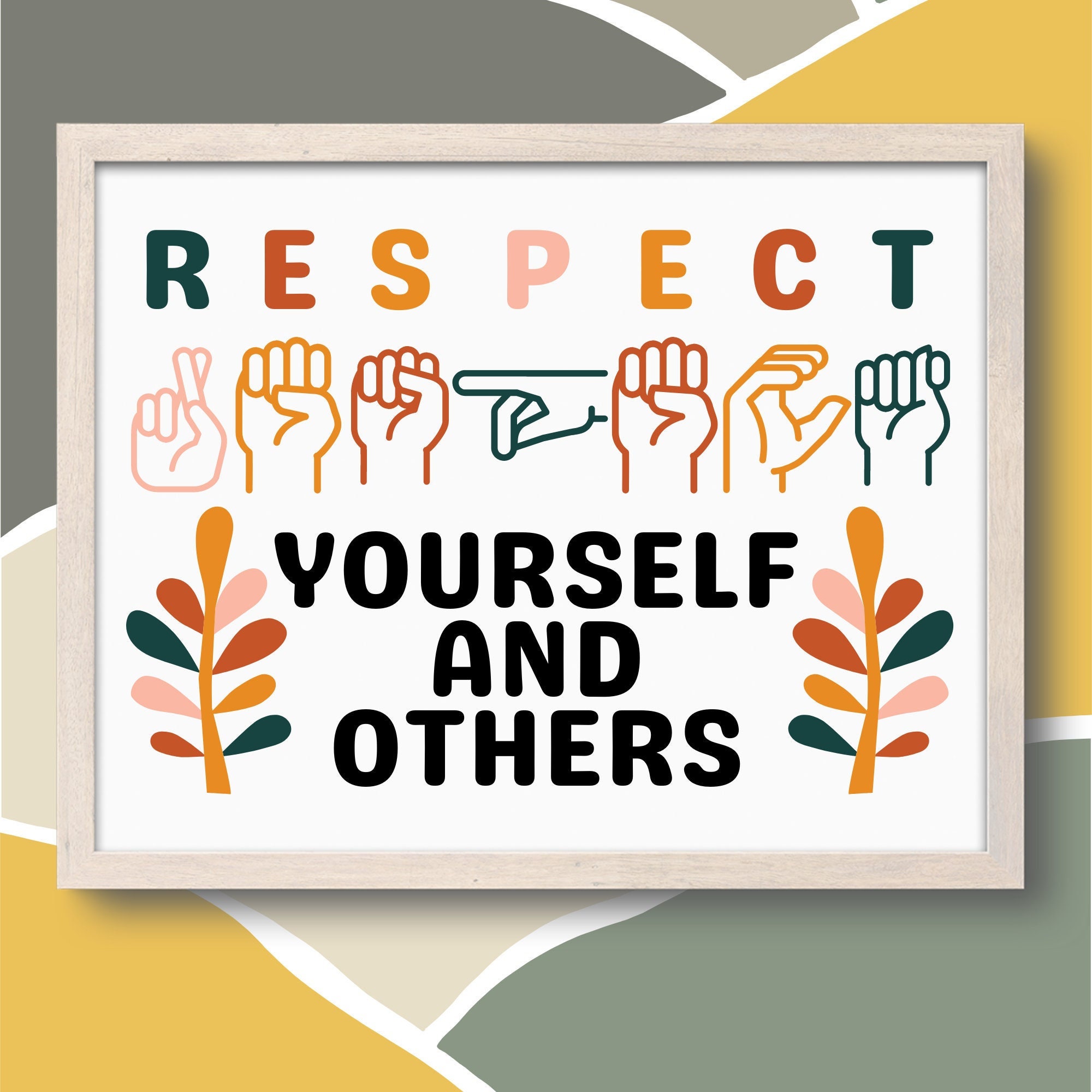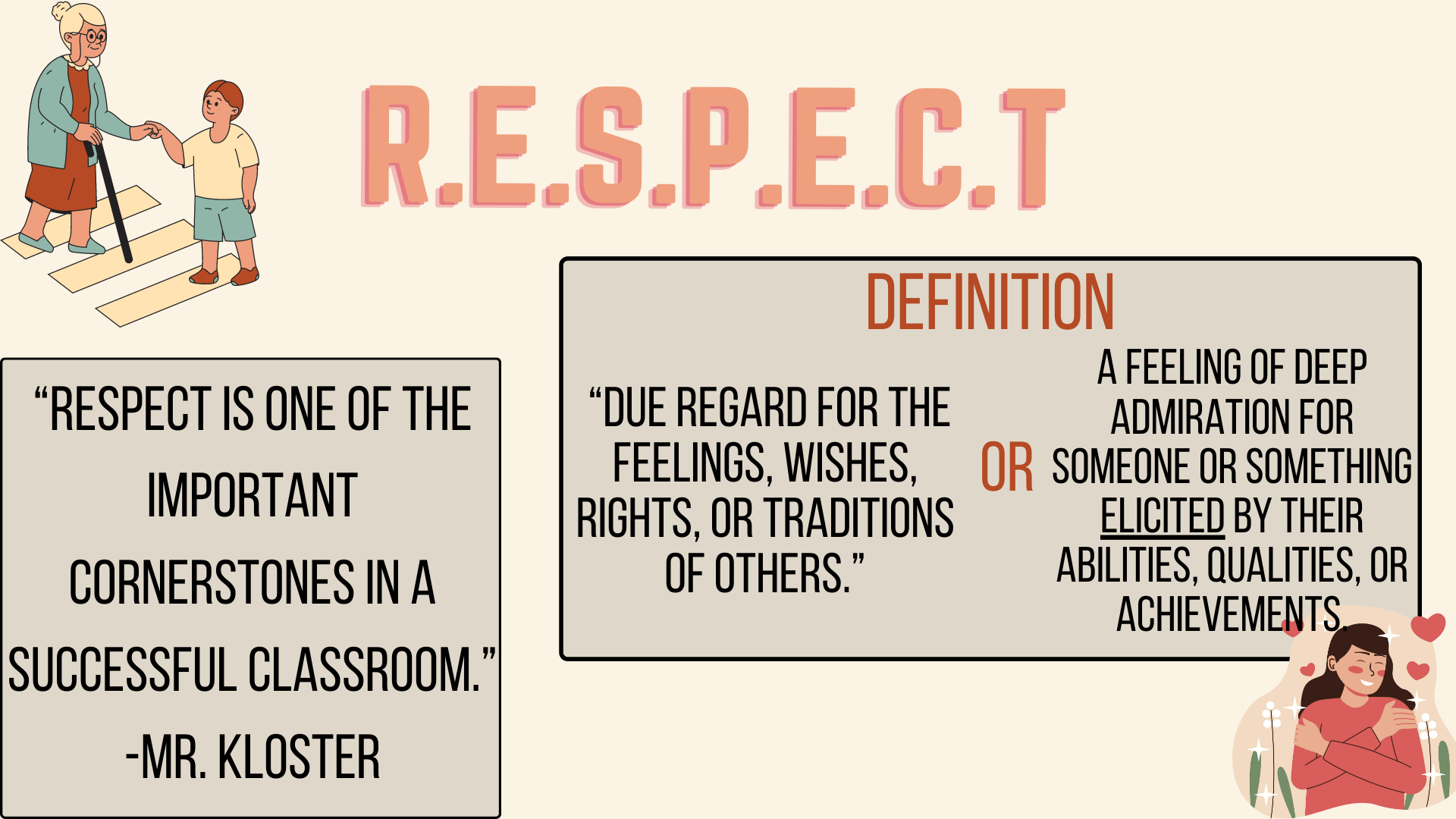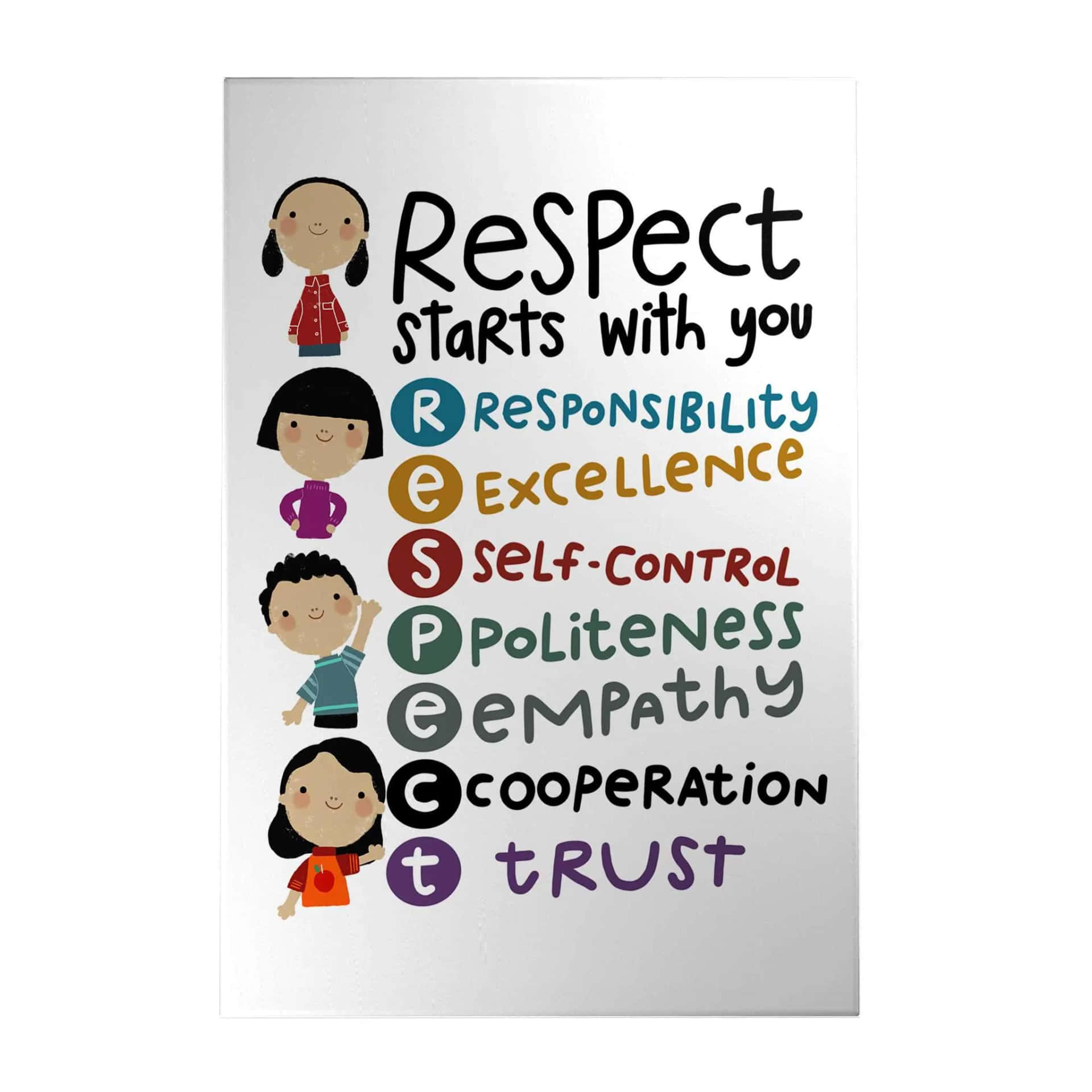Respect People's Privacy Bless Up: Building Trust In A Connected World
Think about how we all move through our day, both online and off. There's a quiet expectation, a sort of unspoken agreement, that our personal space will be honored. This idea, of truly respecting people's privacy, is more important than ever. It's not just a nice thought; it's a foundation for how we get along with each other, creating good feelings and solid connections.
When we talk about privacy, it's about more than just keeping secrets. It means recognizing that everyone has things they want to keep to themselves, or share only with certain people. This could be their thoughts, their pictures, or even just their location. Giving others that space shows a lot of care, you know, and it helps build a better shared experience for everyone.
So, this whole idea of "bless up" comes into play here. It's a positive way of looking at things, a call to good actions. When we say "bless up" in this context, it's like wishing well upon the act of respecting boundaries. It's about encouraging kindness and thoughtfulness in every digital interaction, and in real life too, really.
- Amc Grand Prairie
- Modesto Family Court
- Buffalo Bills Quarterback History
- Return Policy Forteam
- Msnbc Lawrence O Donnell Last Word
Table of Contents
- Why Respecting Privacy Matters
- Practical Ways to Practice Digital Privacy
- The "Bless Up" Philosophy: A Positive Approach to Privacy
- Frequently Asked Questions About Digital Privacy
- Conclusion
Why Respecting Privacy Matters
Respecting privacy is a big deal for everyone, especially now. It's about seeing other people as individuals with their own rights and feelings. When we don't respect privacy, it can cause a lot of problems. It can break trust, for one thing, and make people feel uneasy. We want to avoid that, of course.
Consider this, too: the idea that "with great power comes great responsibility." This is very true for our online actions. We have so much ability to share, to connect, and to find information. That ability, however, comes with a duty to use it wisely. It means thinking about the impact of our actions on others. So, it's pretty clear, we should always keep that in mind.
Building Trust and Stronger Connections
When you show someone you respect their personal information, you build trust. It's like a solid bridge between people. This trust helps relationships grow, whether with friends, family, or even just people you meet online. Without it, connections can feel shaky, you know, and less genuine.
- Fantasyfactory
- Outlets En Austin Tx
- Johnny Depp Vanessa Paradis
- Garden Innavannah
- Cinema World In Melbourne
People feel more comfortable opening up when they know their boundaries will be honored. This creates a safer space for everyone to be themselves. It means they can share what they want, when they want, without fear. That is a truly good thing for any group, or any friendship, for that matter.
Protecting Personal Spaces
Everyone has a personal space, even online. This space includes their thoughts, their feelings, and their personal data. Just like you wouldn't walk into someone's home without an invitation, you shouldn't just assume you can access their digital world. It's a matter of basic manners, really.
Sometimes, this means not sharing photos of others without their permission. Other times, it means not looking over someone's shoulder at their phone. It's about recognizing that some information is just for them. Protecting these personal spaces helps people feel secure and valued. It allows them to feel in control of their own lives, which is a big deal, apparently.
Practical Ways to Practice Digital Privacy
Putting privacy into practice is simpler than it sounds. It starts with being mindful of what you do online. A good rule of thumb is to "think before you type." This simple phrase holds a lot of wisdom. It can save you, and others, from a lot of trouble, too it's almost a golden rule.
We see examples of managing access everywhere in technology. Think about how you might set up a firewall on your computer. You might disable Windows Defender firewall, then enable inbound rules from the advanced options, or even restore the firewall completely. This is about controlling who can access your system. Similarly, we need to respect the digital boundaries others set for themselves. It's a bit like managing those access points, but for human interactions.
Mind Your Online Shares
Before you post something, ask yourself: "Would I want this shared about me?" This question can guide your choices. It helps you consider the feelings of others. For instance, if you have a picture with someone else in it, it's a good idea to ask them if they are okay with you posting it. This shows you care, you know.
This also applies to information you find. Just because something is public doesn't mean it's okay to spread it widely. Consider the context and the person involved. A simple pause before clicking "share" can make a big difference, honestly. It prevents accidental oversharing, which is a good thing.
Be Thoughtful About Others' Information
When someone shares something personal with you, treat it with care. It's a gift of trust, really. Don't pass it along without their clear permission. This applies to conversations, messages, or even things you hear. It's about keeping confidences, which is a key part of respect.
Even in professional settings, this matters. We often deal with information about others, like in a chart wizard that sees text in the first line and accepts this as headers. Important to have only numbers in the first column, top cell can be a legend. This is about organizing data properly, but it also hints at the care needed when handling any kind of information, especially if it relates to people. You need to be precise and respectful of the data itself, and the people it represents, basically.
Secure Your Own Digital Doors
While respecting others' privacy, remember to protect your own. Use strong passwords, and be careful about what you click. Think about how a certificate contains a public key, and how it's signed by a certificate authority (CA) using CA's private key. This verifies the authenticity of the certificate. This system helps keep things secure and verifies who is who. You should apply similar caution in your own online life, too it's almost like having your own digital certificate for your information.
It's like wanting to be always warned before a login, like that "fancy" message from sudo. This desire for constant awareness about access shows a good approach to security. You want to know when your digital space is being entered. This same awareness should extend to how you interact with others' digital spaces. It's about being vigilant for everyone, you know.
The "Bless Up" Philosophy: A Positive Approach to Privacy
The phrase "bless up" carries a positive, uplifting feeling. When applied to privacy, it means approaching the subject with good intentions. It's about wishing well for others' peace of mind and security. This positive outlook helps us act with more kindness and consideration. It's a way of saying, "I wish you well, and I respect your space," honestly.
It's not just about avoiding bad actions, but actively promoting good ones. It's about creating a better online environment for everyone. This positive push can make a big difference in how we all interact. We can all contribute to this, and it doesn't take much, really.
Cultivating a Culture of Care
A "bless up" approach encourages a culture where people look out for each other. It means caring enough to ask for permission before sharing. It means thinking about how your posts might affect someone else. This kind of care builds stronger communities, both online and off. It helps everyone feel safer and more connected, you know.
It's a bit like deciding how to perfectly center a table in Microsoft Word, so the entire page would consist of only this table, and you want it to be perfectly centered (both horizontally and vertically) on the page. You take care to arrange things just right for the best presentation. In the same way, we should arrange our digital interactions with care for others' comfort and privacy. It's about getting the layout just right for human connection, basically.
Empowering Others Through Respect
When you respect someone's privacy, you empower them. You give them control over their own story and their own information. This is a powerful act. It helps people feel seen and valued, not just as data points, but as individuals. That is a truly important aspect of human connection, after all.
It stands in stark contrast to situations where choices feel forced, like when a company suggests we send millions of perfectly functional Windows 10 PCs to the landfill because of Windows 11's hardware requirements. That action, some might say, shows a lack of respect for users' investments and choices. By actively respecting privacy, we do the opposite. We honor individual choices and promote a sense of ownership. Learn more about digital ethics on our site.
Frequently Asked Questions About Digital Privacy
Why is respecting privacy so important online?
Respecting privacy online builds trust between people. It helps keep personal information safe. It also protects individuals from unwanted attention or harm. When we respect privacy, we create a more welcoming digital space for everyone, you know. It makes interactions much smoother.
How can I teach my kids about digital privacy?
Start by talking openly about what's okay to share and what's not. Explain "think before you type" as a key rule. Show them how to use privacy settings on apps. Teach them to ask permission before sharing pictures of friends. It's a continuous conversation, really, and it helps them develop good habits.
What does "bless up" mean in this context?
"Bless up" here means approaching privacy with a positive mindset. It's about promoting kindness and thoughtful actions. It encourages us to be good digital citizens. It's a wish for well-being and security for everyone's personal space, in a way. It's about building a better online community, too it's almost like a positive affirmation for privacy.
Conclusion
Respecting people's privacy is a fundamental part of being a good person, online and off. It helps build trust, protects personal spaces, and makes our connections stronger. The principles are simple: "respect the privacy of others," "think before you type," and remember that "with great power comes great responsibility." These ideas are pretty straightforward, actually.
By adopting a "bless up" attitude, we choose to act with kindness and care. We contribute to a more positive and secure digital world for everyone. It's about making conscious choices every day, whether it's managing your own system's access or considering what you share about others. This commitment to privacy helps everyone feel safer and more valued. You can find more information on this topic by visiting the Electronic Frontier Foundation. We can all make a difference, you know, just by being a little more thoughtful. And for more helpful tips on digital living, link to this page here.

Re2pect Poster

Infographic Definition Of Respect

Download respect starts with you - mirror print | Wallpapers.com